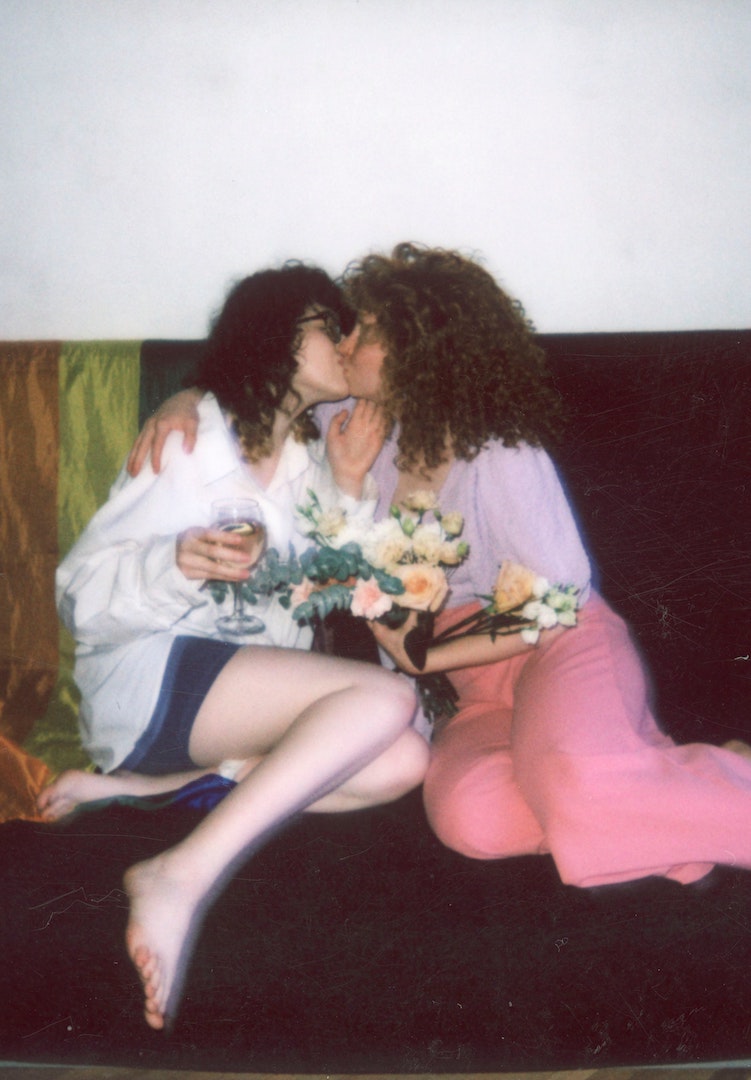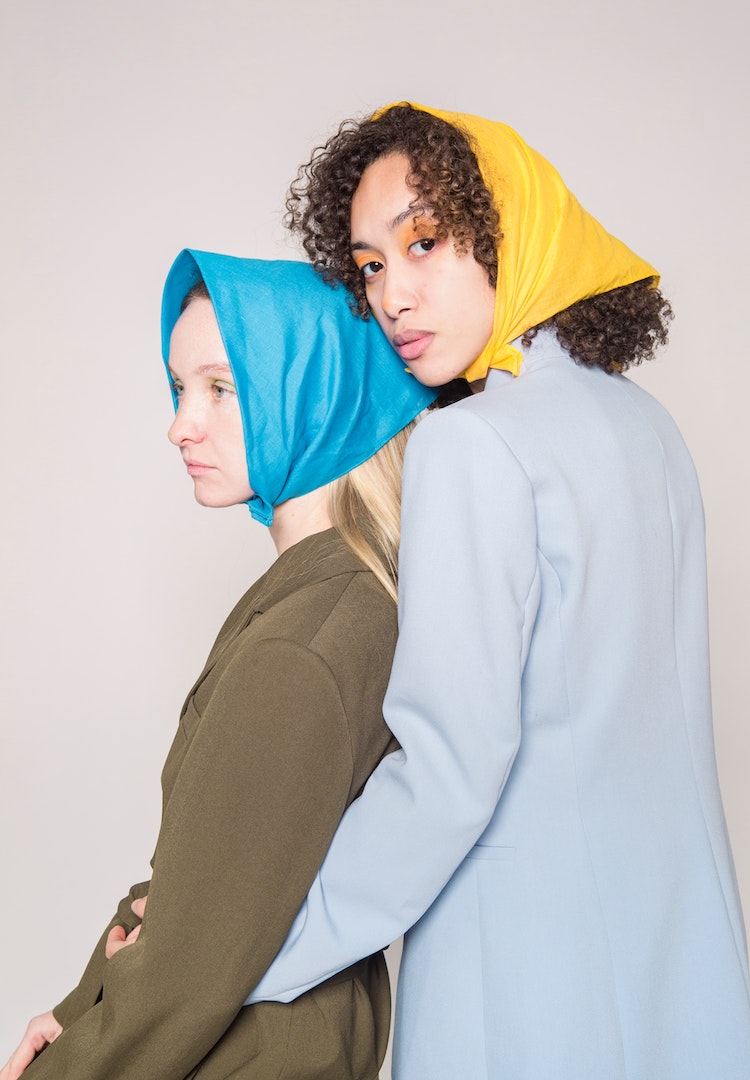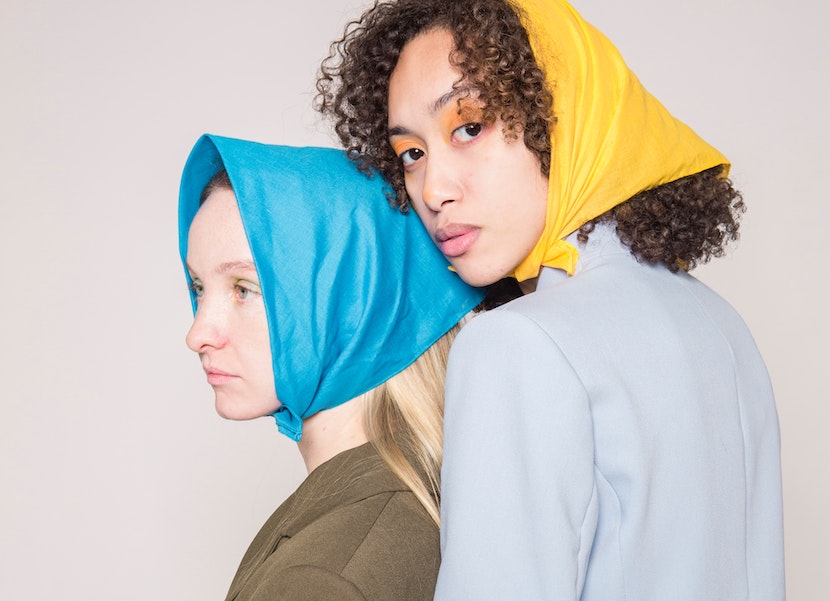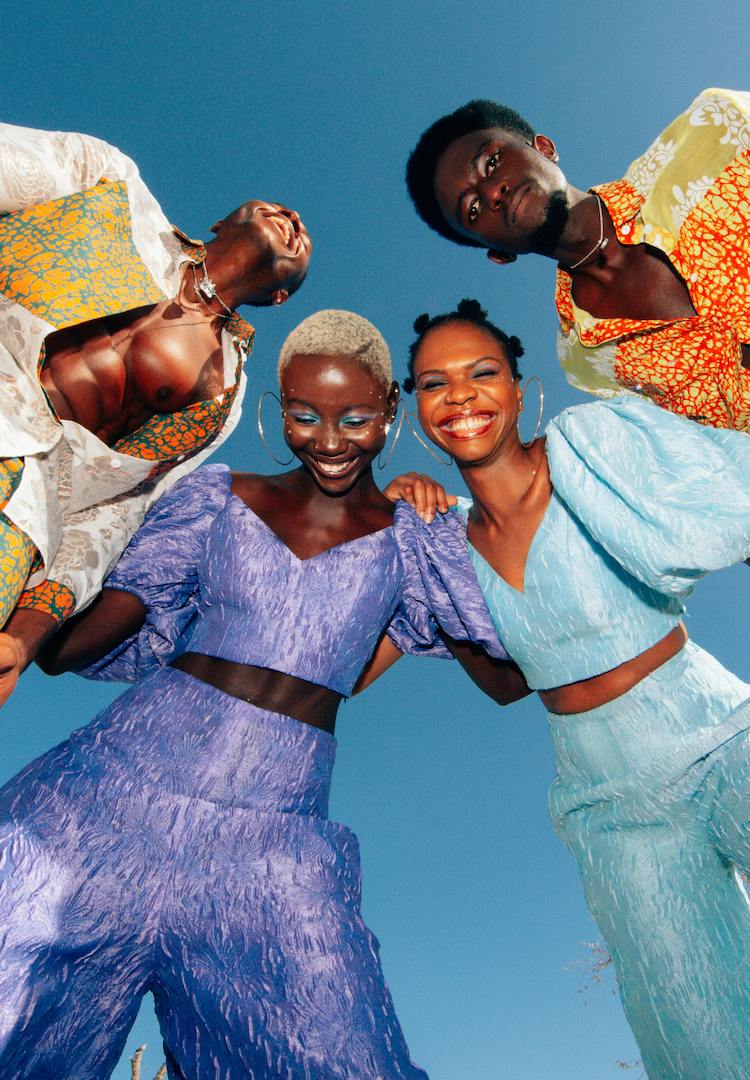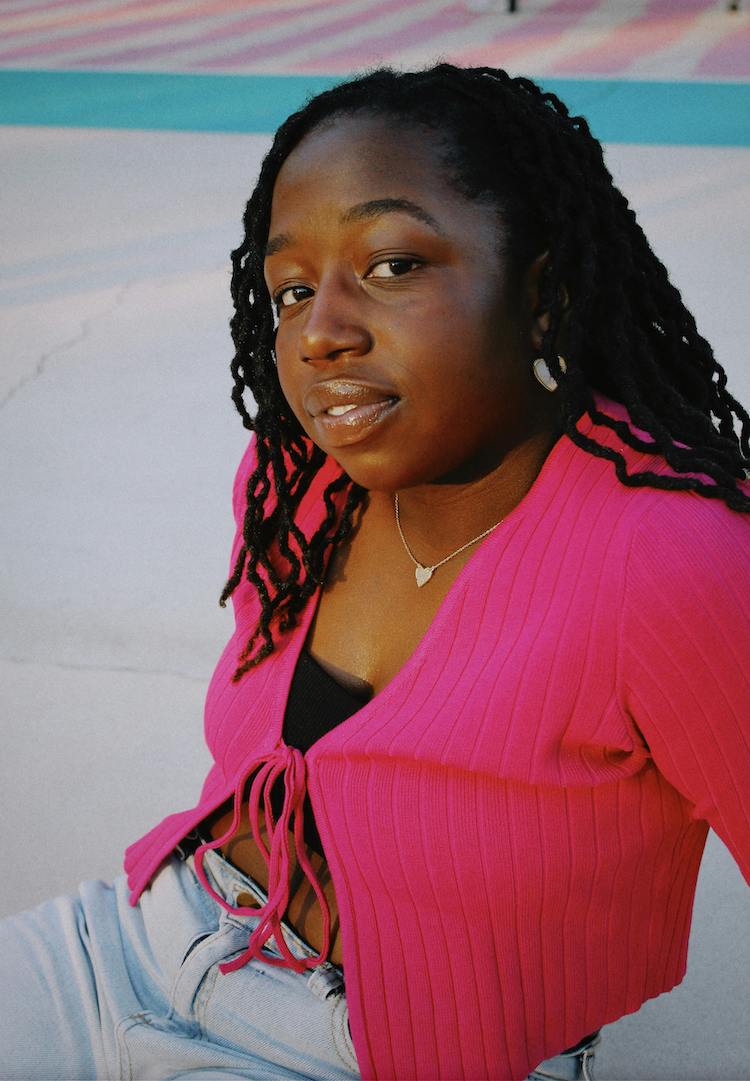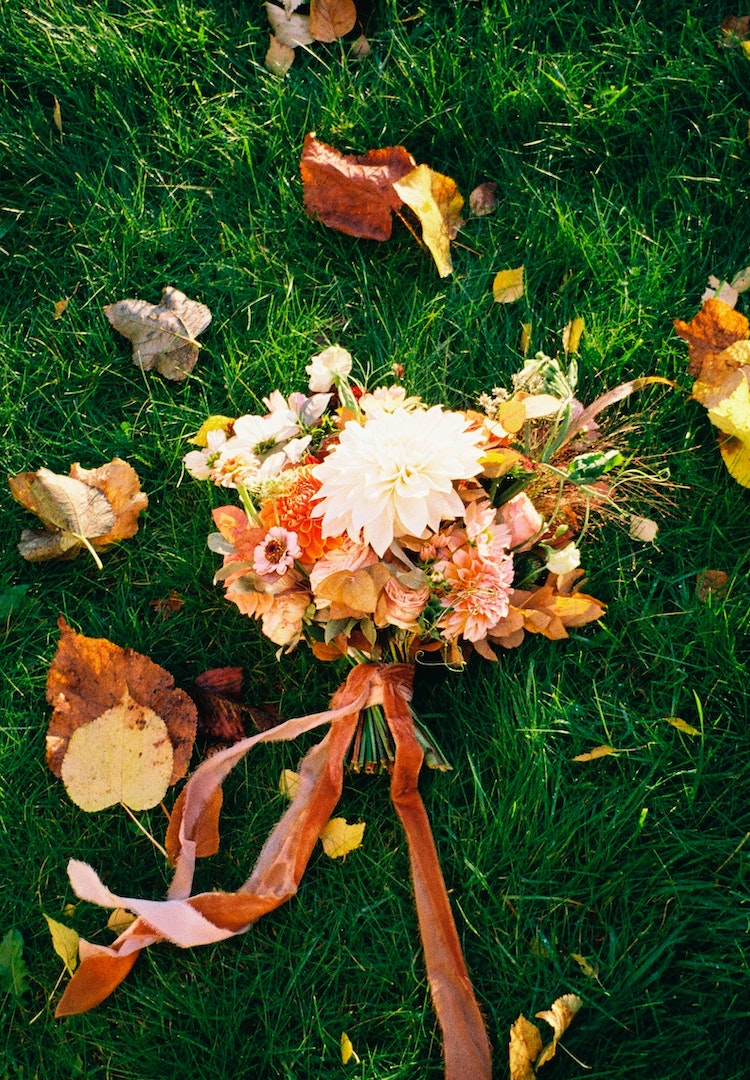How can I tell if my friend is a narcissist?
PHOTOGRAPHY BY TRUDI TREBLE
WORDS BY DEANA STEPANIAN
“They may suddenly kick you out of the friendship and start devaluing you because you have done something that they don’t like.”
Narcissism is a personality disorder that’s often misunderstood. It’s a term that’s casually flung around when referring to how many selfies we just took, or how long we stared at ourselves getting ready in the mirror. For many of us, some of the only narcissists we know are characters that grace our screens (I’m thinking of the iconic Miranda Priestley in The Devil Wears Prada).
While on-screen representations of narcissism may be exaggerated, the disorder only affects 0.5 to one per cent of the population. So, although your friend may talk loudly over you when their favourite topic gets brought up or when they’re extra buzzed about their new job, it doesn’t mean they’re a narcissist.
Interested to hear how others navigate the world? Head to our Life section.
For some guidance on navigating the often unspoken and complex topic of narcissistic friendships, and how to best spot a narcissistic pal, I reached out to psychotherapist and author of Reclaim Your Authentic Self, Amanda Robins, to answer some of my most hard-hitting questions.
Hi Amanda. So, how would you characterise a narcissist? Are there different types?
Generally, they are people who are very self-focused. They tend to want things to go their way [and] have the relationship on their terms. And often, if they are covert narcissists, rather than grandiose ones, they tend to be very into their victimhood.
They will see themselves as the victim, even though perhaps they have been the one who has done something wrong or hurt someone else. They can also be quite envious or jealous of others who they perceive as holding characteristics that they view as being desirable. There probably are a few sub-types, but it tends to be a spectrum.
They tend to view relationships as transactional, so they are not [given] an opportunity to feel close to someone, love someone or be kind to that person. They see [a] relationship as getting something they want.
How does the dynamic of a narcissistic friendship differ from a romantic relationship?
Romantic relationships tend to be a bit more intense in terms of emotional dynamics. They [tend to] bring up our early experiences of attachment so your attachment system [can] be really fully activated. Whereas in a friendship… it’s a little less onerous, but they can still do a lot of damage. The person in the friendship with the narcissist will [typically] have more choices.
How might you spot a narcissistic friend – are there some tell-tale signs?
Usually, they are people who will want everything to be on their terms and you’ll end up doing most of the work of the relationship. So maybe you’ll suggest the outings and maybe they won’t be prepared to do much driving to get [there] or to travel to meet you halfway. You have to go to them.
Maybe when they’re moving house, you help them, but then when you’re moving house, they are suddenly very busy. Also, they can be quite negative I guess, especially coverts, they’ll kind of talk about the world as being a very negative place. They tend to be quite cynical, so they will have a cynical view of relationships, people and the world, which usually comes out in friendships and intimate relationships.
Can a long-term friendship with a narcissist survive?
I think [a narcissist] will keep going with [a] friendship as long as they keep getting what they want out of it. Whereas you as a non-narcissistic partner in the friendship might feel depleted or like [you] are not getting anything out of it.
If they are severely narcissistic, to the extent of maybe having a personality disorder, they do tend to be slightly less stable in their relationships. So, they may suddenly kick you out of the friendship and start devaluing you because you have done something that [they] don’t like, but they won’t bother to tell you.
They can take offence very easily and they often feel very slighted. So you might say something that’s quite innocent and you don’t hear from them for months. And then suddenly they… might get back in touch, or you get in touch with them, and they have this kind of vitriol about some very subtle thing that you’ve done. They are not good at repair or apologies, or at taking responsibility.
When is it time to call it quits on a narcissistic friendship?
I think it’s up to the individual. If you feel like you can give freely without getting that much in return, you could probably sustain it for quite a while. It’s just when you start feeling resentful… angry and depleted by the friendship, rather than filled up by it. Then I think it’s time to start looking at it and questioning whether it’s the right friendship for you.
What can I do if I ever find myself or a friend in a narcissistic friendship?
I suppose it’s up to the individual to… work out what they want to do. It’s not quite so black and white… it’s more about whether you believe it’s sustainable for you in terms of the energy levels you’re giving into the friendship.
Once you’ve got the evidence together and you kind of know the person is narcissistic, then that’s when you have to make a choice. Generally, narcissistic people don’t make great friends, so most people wouldn’t want to stay in a relationship with someone who is that way.
If you have got a friend who is stuck in a narcissistic friendship, then you might want to have a chat to them and ask them… what are you getting out of this friendship?
To find out more about Amanda’s services, head here.

